RE: Bluebells, you little beauty
bluebell, wild hyacinth. Also called Endymion non-scriptus and Scilla non-scripta.
Non-scripta, these days, is generally said to mean unmarked but, as it suggests, its literal meaning is ‘no writing’. This results from the Greek myth that Apollo wrote on wild hyacinth, Hyacinthus orientalis albulus, ‘Alas’ to commemorate the death of Hyacinthos. The bluebell has no such markings.
The naming of hyacinths has changed so it is hard to be sure which hyacinth John Gerard means when he says it causes the heads of cattle to swell before killing them. He takes this one example to apply a malign and poisonous nature to all hyacinths.
Because of concern about Hyacinthoides non-scripta coming under pressure in the wild, the 1981 Wildlife and Countryside Act makes it a protected plant and the legislation was further enhanced in 1998 making it an offence to trade in wild Hyacinthoides non-scripta bulbs or seeds. The difficulty of proving that a Hyacinthoides non-scripta bulb is not from a wild source means that only the Spanish bluebell is sold by garden centres. It is said that the Hyacinthoides hispanica was first introduced to the UK in the 17th century so the measures taken in the late 20th century can’t be wholly to blame for the dominance of the Spanish bluebell in the commercial market.
The problem (for those who feel that native purity must be maintained) came when Spanish bluebells escaped into areas where the native had grown. Not only is the hispanica a more robust species than the non-scripta meaning it tends to drive out the ‘true’ bluebell, the two species freely hybridise. So, it is not a case of needing to be able to identify the two species; the many hybrids now found in the wild mean that it is only possible to separate bluebells into non-scripta and not. That is, if you can find it, you can recognise the pure Hyacinthoides non-scripta but if any sort of hybridisation has occurred it is much harder to give the resulting plant a full name.
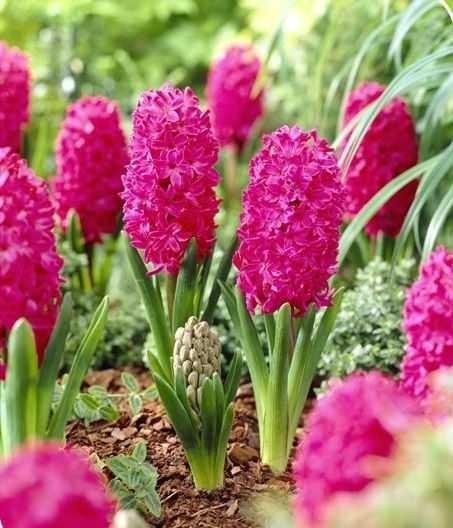
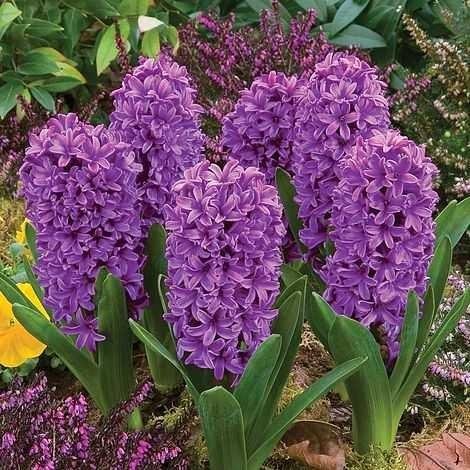
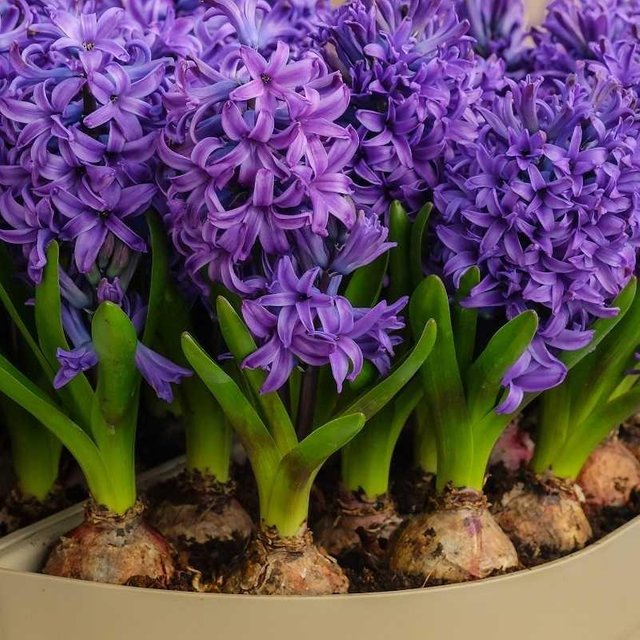
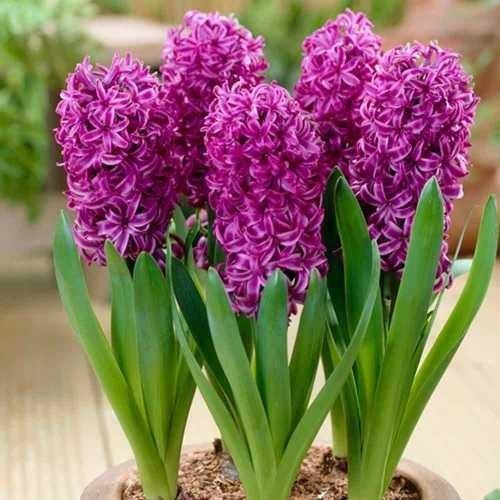
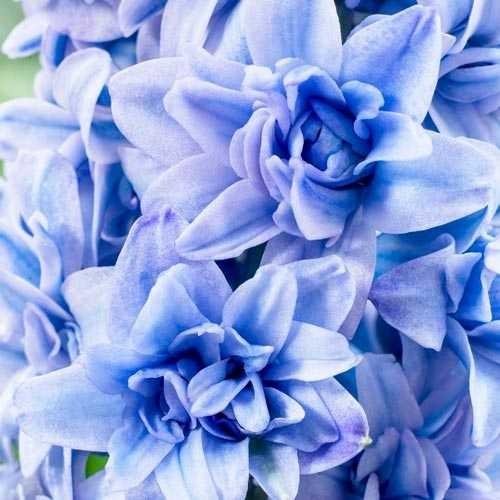
Source:
Thanks to share.
Source
Spam is discouraged by the community, including comment spam.
More Information:
The Art of Commenting
Comment Classifications
Hyacinths are not the same plant as Bluebells, but thanks for the nice Pics anyway.